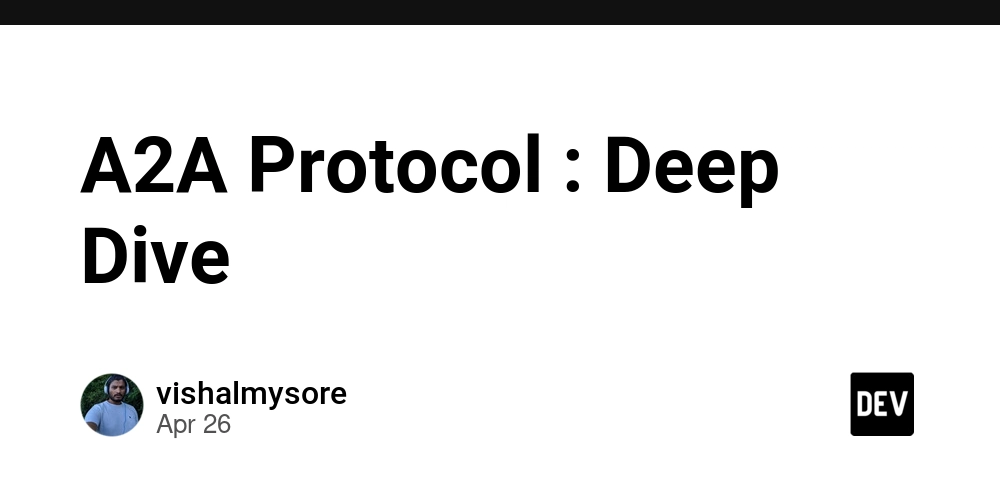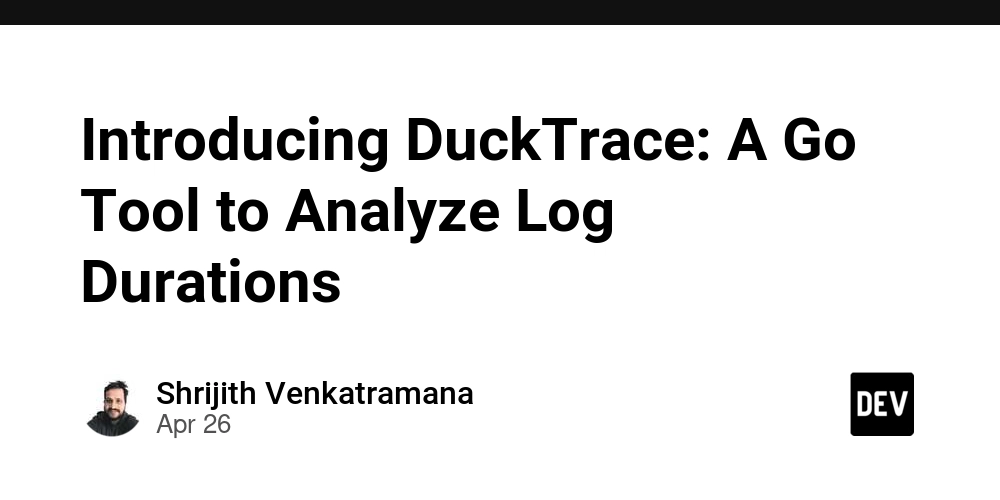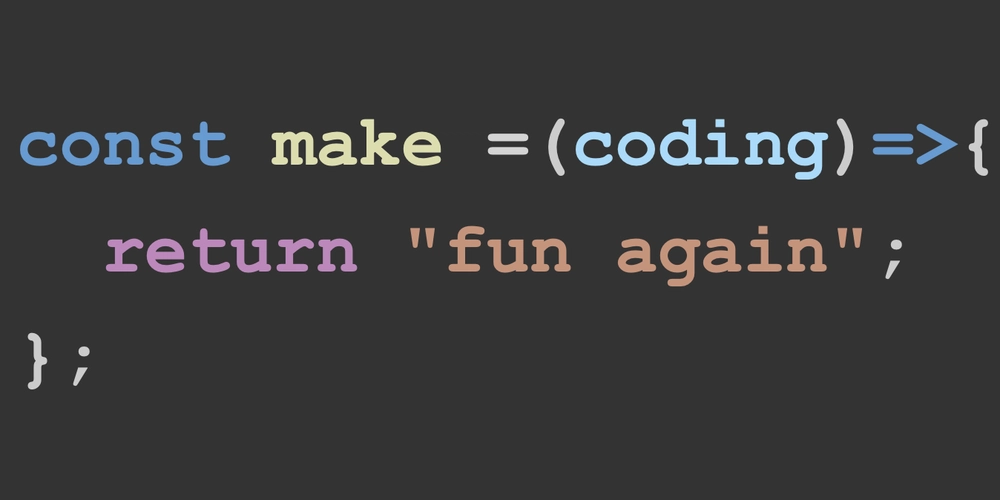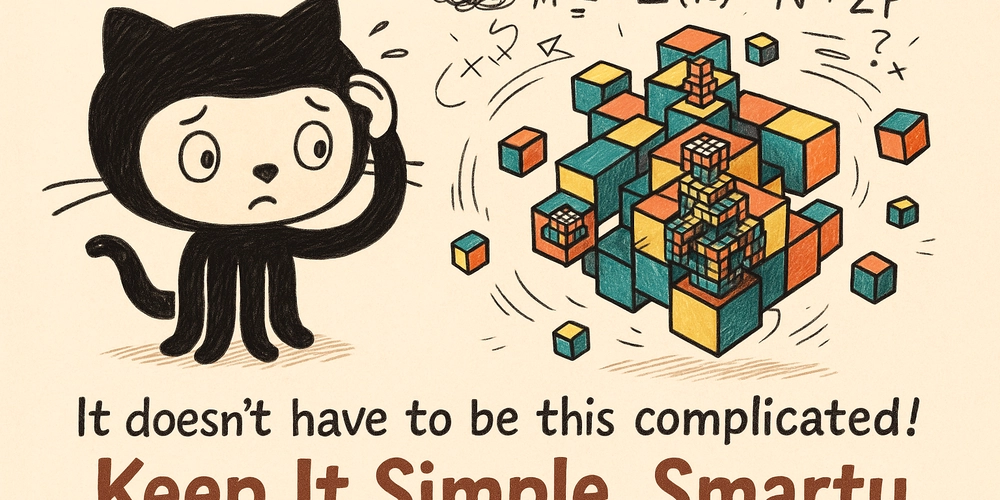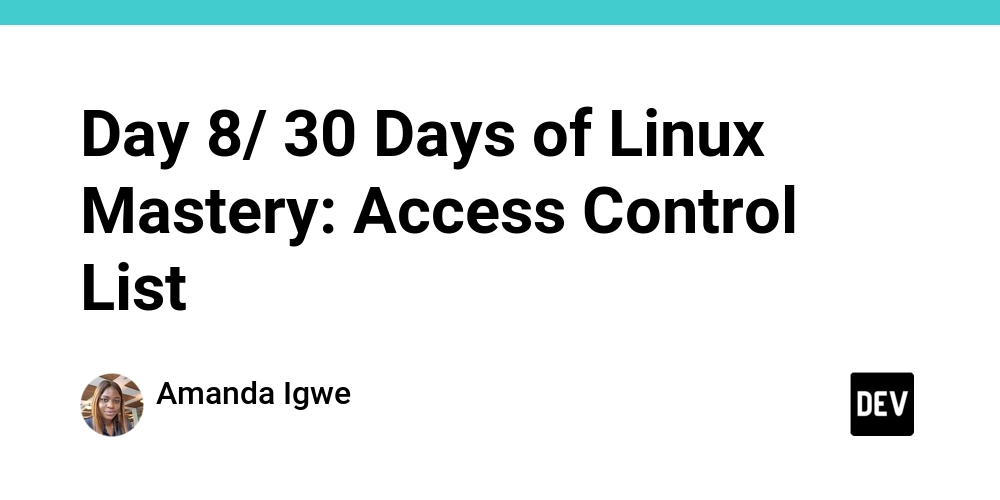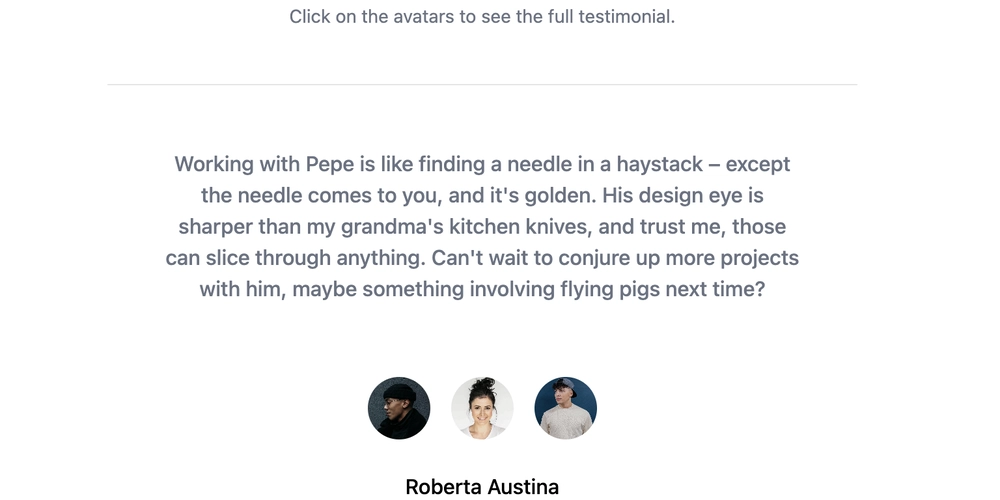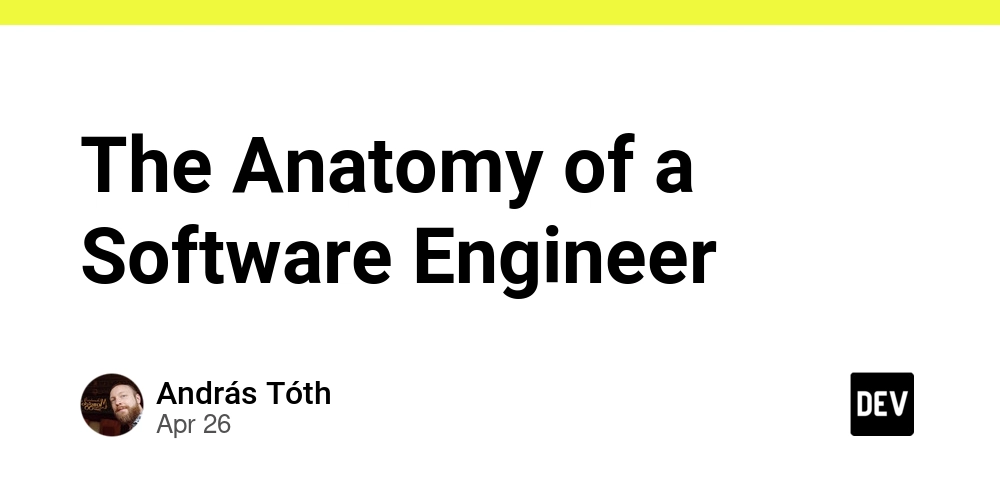
Decoding the Software Engineer: Reusable Skills vs. Platform-Specific Knowledge
Software development is more than just knowing code. Understanding the anatomy of a software engineer involves differentiating between reusable and non-reusable skills, this article dives into the crucial knowledge areas that impact productivity and team dynamics. Learn which skills transfer across projects and which are deeply rooted in specific platforms, languages, or domains.
The Crucial Distinction: Reusable vs. Non-Reusable Engineering Knowledge
Just like code, engineering skills fall into two categories: reusable and non-reusable. Knowing which is which helps product managers, team leads, and anyone making decisions about engineering teams to optimize productivity and make informed decisions about team composition.
The Non-Reusable Knowledge: Deep Dives and Gotchas
Let's face it: some knowledge is highly specific. These "non-reusable" skills often involve intricate details that don't easily transfer between different tech stacks. Understanding these limitations is key to avoiding mismatched expectations and ensuring efficient project execution.
Programming Language Specifics: Syntax and Nuances
- Why it's non-reusable: Language syntax and quirks rarely translate directly. Moving from Java to C# is smoother than transitioning from JavaScript to Rust, where you'll need to relearn keywords, rules, best practices, and package managers.
- The learning curve: The less similar two languages are, the more time an engineer needs to write quality code and figure out which input validation library to choose.
- Example: The "this" keyword in JavaScript has unique behavior that doesn't apply to most other languages.
Navigating the Language Ecosystem
- What it includes: This encompasses the libraries and frameworks available for a language (e.g., React, Express.js, SQLAlchemy), accessible through package managers like npm, pip, or NuGet.
- Why it matters: Knowing the ecosystem helps you avoid reinventing the wheel but also understand when existing libraries might be abandoned or lacking. Frameworks change frequently, so this knowledge can become outdated.
- Team considerations: Factor in ecosystem expertise when assigning teams, as this knowledge isn't easily Googled.
Platform-Specific Gotchas: The Devil is in the Details
- Examples: Browser compatibility issues with newer UTF encodings, debugging Android crashes with
logcat, resolving virtual machine clock sync problems, or understanding cross-platform command differences (like&&in macOS vs. Windows). - How it's acquired: These are hard-earned lessons from debugging, issue tracking, and seeking help.
- Impact on productivity: Platform expertise prevents costly delays and embarrassing failures.
Product/Domain Knowledge: The Living Encyclopedia
- Deep understanding: Engineers working on a product long-term gain invaluable insights into the user base, their needs, and the codebase itself.
- Beyond code: They can sometimes possess deeper product and customer understanding than even the product managers.
- Loss of expertise: Arbitrary layoffs or frequent team reassignments can easily erase this knowledge. This crucial and unwritten expertise cannot be sourced from LLMs or online forums.
Reusable Knowledge: The Skills That Travel With You
Fortunately, many engineering skills are highly transferable, allowing engineers to adapt and contribute effectively across different projects and technologies. These reusable skills are the foundation of a versatile and valuable engineering team.
Engineering Principles and Instinct: The Art of Clean Coding
- Core principles: Clean coding, SOLID principles, design patterns, the test pyramid, and avoiding overengineering.
- Code smell: The ability to quickly identify overcomplicated or poorly designed code from experience with elegant and terrible codebases.
- Reusing (and not reusing): Knowing when to leverage existing solutions and when to build something new.
Problem-Solving Skills and Engineering Instinct
- Holistic thinking: Senior developers view feature requests in the context of the entire system, considering potential clashes, UX implications, and scalability.
- Debugging prowess: Strategies for tracking down errors without clear traces, identifying scaling bottlenecks ("This works for 100 users, but what about 10,000?"). Inverting the problem statement, brainstorming hacks, etc..
- Requirements analysis: Knowing which requirements to implement as-is and which require further investigation.
Personal Productivity Management: Mastering Your Workflow
- IDE optimization: Configuring your IDE for maximum efficiency.
- Time management: Organizing your day effectively, knowing when to push through a problem and when to take a break. Including politely saying no to meetings to stay in the zone.
- Self-awareness: Understanding your limits, creating rituals to reset after intense periods of concentration, and respecting resting requirements.
Growing Lasting Knowledge: Investing in Fundamentals
- Focus on basics: Prioritize fundamental skills (like SQL, HTML, and CSS) over trendy frameworks that may become obsolete quickly.
- Balancing act: Don't rely solely on ORMs at the expense of learning SQL.
- Team resilience: A team with a focus only on trending technologies has a vulnerability.
Communication Skills: Solving Problems at the Right Level
- Methodology fluency: Experience with different methodologies and problem-solving approaches.
- Team collaboration: The ability to take a firm stance when necessary but remain agreeable in other situations.
- Cross-functional awareness: Considering the impact of changes on other teams, from data analysts to business stakeholders. Consider the team from top to bottom.
Summary: Nurturing a Balanced Engineering Team
Understanding the distinction between reusable and non-reusable engineering knowledge is essential for effective team management and career planning. Map out expertise, nurture local knowledge, and avoid naive expectations of engineering productivity. Investing in lasting basics and fostering communication skills will ensure your team remains adaptable, productive, and resilient in the face of ever-changing technologies.



